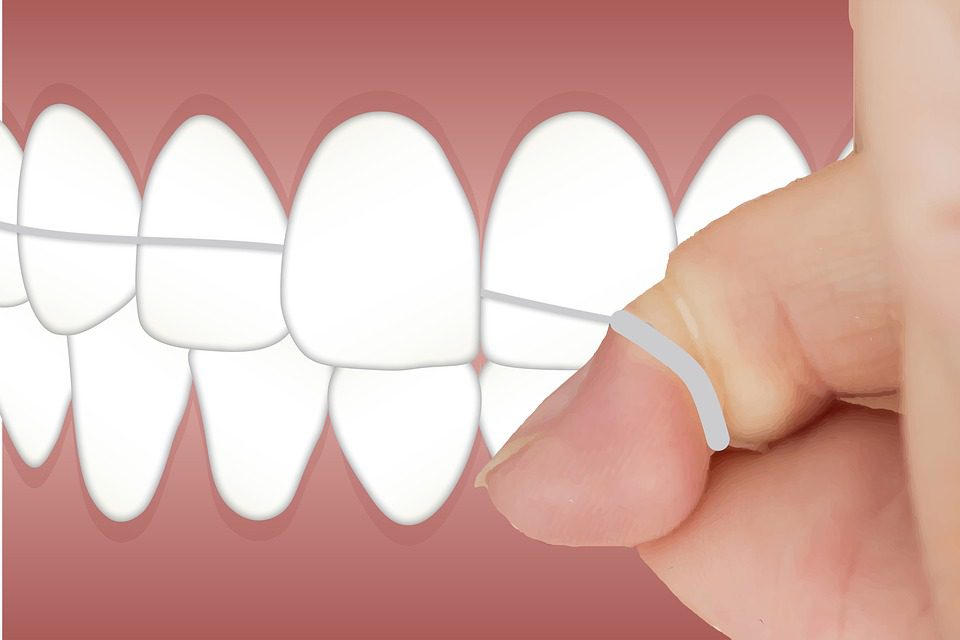It’s easy to think that your oral health is optimal, especially when you look in the mirror and see pearly white, straight teeth smiling back at you. However, the health of your teeth doesn’t always indicate that the rest of your mouth is doing well. In fact, you could have zero cavities but could have a serious problem with your gums.

(Pixabay / kreatikar)
It’s important to take care of your gums because, in the long run, they will also have an impact on the health of your teeth. Gum disease begins when plaque starts to build up under and around the gum line. Plaque is full of bacteria and can cause infections, turn into gingivitis, and contribute to tooth decay. Gingivitis is the earliest stage of gum disease and is characterized by red, tender, swollen, inflamed, and bleeding gums.
Gingivitis can be treated, but if you don’t address it quickly, you could end up with full-blown periodontitis. This stage of gum disease begins to affect the root and bone of your teeth and may require extraction of the affected tooth.
If you are concerned about developing gum disease, here are a few preventative steps you can take to lower your risk.
Brush twice a day — If possible, brush your teeth after every meal. If you can’t do that, you should brush at least twice a day. When you brush your teeth, you should also take some time to scrub your tongue as well, as it can harbor harmful bacteria.
Use fluoride toothpaste — Although there is a lot of debate about the merits of fluoride, science still stands behind fluoride toothpaste. Using a toothpaste brand that has fluoride and is approved by the American Dental Association will help strengthen the enamel of your teeth, as well as reduce your risk for gingivitis.
Floss — You should floss at least once a day. Flossing can help remove plaque and food located in places your toothbrush can’t clean. It doesn’t matter what time of day you do your flossing, just as long as you do it.
Get regular dental cleanings — Many people underestimate the importance of having regular dental cleanings. If you see your dentist regularly for cleanings, they can remove excess plaque that may accumulate in spite of brushing and flossing. Dentists can also detect symptoms of early gum disease before it becomes a major issue, but only if you are coming in for appointments.
Quit smoking — It’s no surprise that smoking has an impact on the health of your gums, as we already know that smoking can cause oral and lung cancer. Smokers have a higher risk of gum disease. Even if you catch gum disease early, your smoking habit may be preventing you from recovering from the infection because smoking weakens your immune system. Quitting smoking can help your gums heal faster, giving your gums and teeth a better chance of survival.
Gum disease is a serious ailment that should not be taken lightly. However, if you are doing your best to follow these best dental care practices, your gums and teeth should be healthy for a long time.
